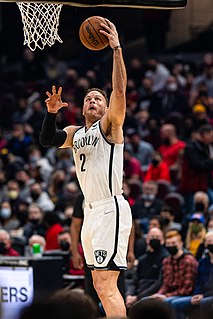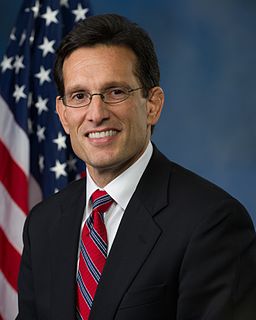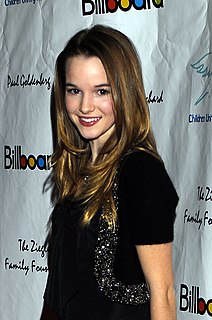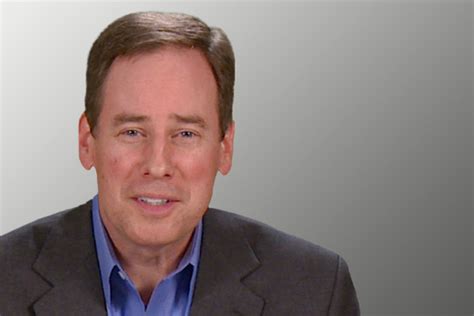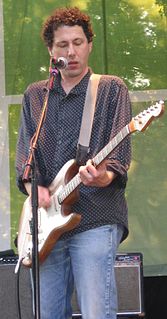A Quote by Blake Griffin
If you read a label and just look up the ingredients, you'll be able to figure out really easily what's good for you and what's bad.
Related Quotes
When Wikileaks came out... never heard of Wikileaks, never heard of it. When Wikileaks came out, all I was just saying is, "Well, look at all this information here, this is pretty good stuff." They tried to hack the Republican, the RNC, but we had good defenses. They didn't have defenses, which is pretty bad management. But we had good defenses, they tried to hack both of them. They weren't able to get through to Republicans. No, I found it very interesting when I read this stuff and I said, "Wow." It was just a figure of speech. I said, "Well, look at this. It's good reading".
I've actually always wanted to be able to read people's minds. My sister did a movie with super-powers and that's the one I would have wanted, so I really lucked out. The negative is that people are really cruel in their own minds, but you can weed out the bad people from the good people, and then just hang out with the good people.
We spend a lot of time and effort trying to figure out who's going to be a good NFL quarterback, and we do a very bad job of it. We don't really know. And we also spend a lot of time trying to figure out who will be a good teacher, and we're really bad at that too. We don't know if someone is going to be a good teacher when they start teaching. So what should we do in those situations in which predictions are useless?
When you start out as an actor, you read a script thinking of it at its best. But that's not usually the case in general, and usually what you have to do is you have to read a script and think of it at its worst. You read it going, "OK, how bad could this be?" first and foremost. You cannot make a good film out of a bad script. You can make a bad film out of a good script, but you can't make a good film out of a bad script.
The most important thing for a writer to do is to write. It really doesn't matter what you write as long as you are able to write fluidly, very quickly, very effortlessly. It needs to become not second nature but really first nature to you. And read; you need to read and you need to read excellent books and then some bad books. Not as many bad books, but some bad books, so that you can see what both look like and why both are what they are.
If something comes that it is so extreme that you have difficulty thinking of it as a good thing, don't think of it as a good thing and kid yourself. To the extent that you can, don't label it a bad thing. Refusing to label something a bad thing opens you up to possibilities you would not have even considered otherwise.
I don't think I've ever googled myself. But I do read some things... I mean, if I know that I was with an interviewer and I kind of figure that he or she got something bad or something good from the interview, then I'll read the piece when it comes out. But other than that, I'd have to have a reason to read it - and, usually, I don't have a reason.
In terms of performance, something unexpected is always good, it's preferable if it's unexpectedly good. But unexpectedly bad has a lot to say for it as well. It's always nice to be able to look back on a show and say, "Oh, that's the night that this happened," and a lot of the worst memories are better than the shows with no memories. A good rehearsal is a lot harder to describe. A lot of rehearsals that end up feeling best are the ones where something really bad was happening, and you just kind of got past it and fought through it. Just dealing with things that are inevitable.
